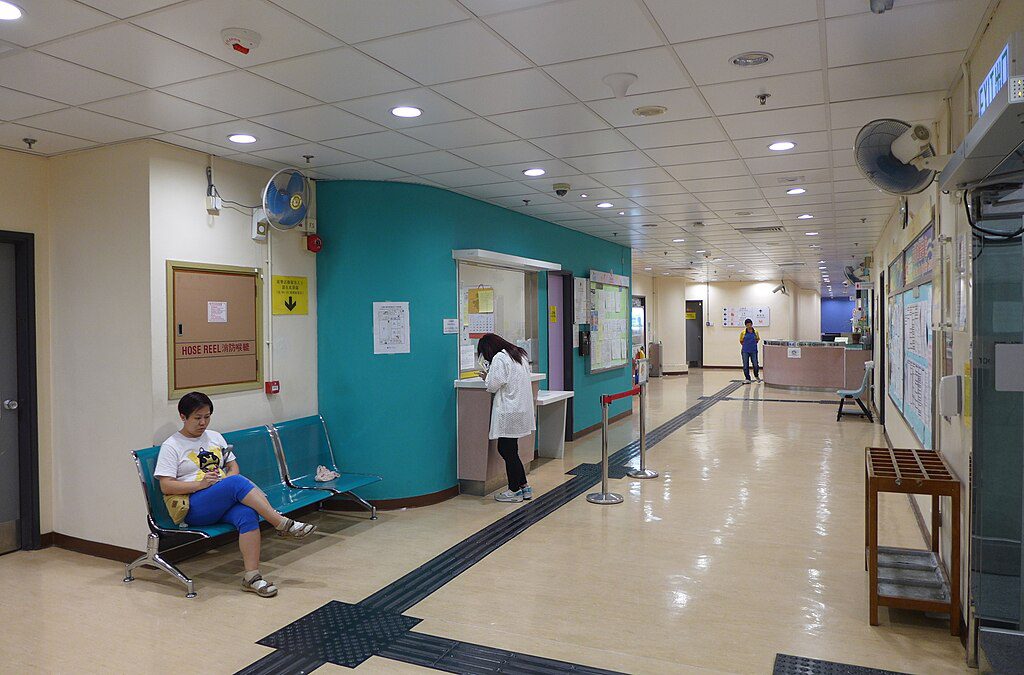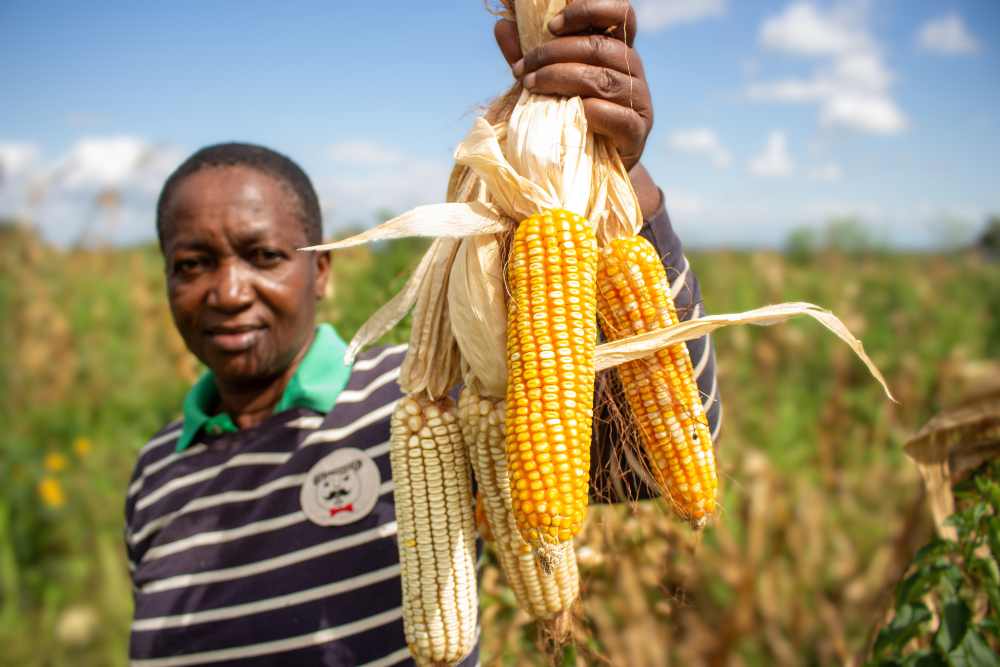England is experiencing a concerning rise in tuberculosis (TB) cases, with official data showing an 11% increase in 2023 and a further 13% jump in 2024. The UK Health Security Agency (UKHSA) warns the country risks losing its “low-incidence” status if this trend continues.
The North East region, which historically maintained lower TB rates than the national average, saw a particularly sharp 50% increase in 2023, with 112 cases compared to 74 in 2022. While this region’s rate of 4.1 cases per 100,000 people remains below England’s overall rate of 8.4, Newcastle now exceeds the national average with 10.9 cases per 100,000.
“This current rate of increase will soon see the UK lose its WHO low incidence status of 10 per 100,000 population,” warned Dame Jenny Harries, chief executive of the UKHSA.
Health officials attribute the resurgence to several factors, including the return of social mixing after the COVID-19 pandemic, increased international travel, and changing migration patterns. The West Midlands, which recorded 580 cases in 2023, now has the second-highest TB rate in England after London.
TB disproportionately affects certain communities. About 73% of West Midlands cases and 79% of North East cases in 2023 were among people born outside the UK. The disease also shows strong links to socioeconomic conditions.
“There is a close association between TB, socio-economic disadvantage and other social risk factors including drug and alcohol misuse, homelessness, and a history of being in prison,” the UKHSA noted in its regional report.
Treatment success varies, with 84% of non-drug-resistant TB cases in the West Midlands completing treatment within 12 months in 2022, below the 90% national target. Treatment delays remain problematic, with 30% of pulmonary TB patients experiencing delays of more than four months between symptom onset and treatment.
Similar Posts
Most concerning is that England is falling behind in achieving the World Health Organization’s TB elimination target, set in 2015, which aims for a 90% reduction in cases by 2035.
Dr. Esther Robinson of the UKHSA TB Unit emphasizes that TB is curable when addressed promptly, but urges people not to dismiss persistent coughs lasting more than three weeks as merely flu or COVID.
The disease primarily affects the lungs (pulmonary TB) but can spread to other body parts. In 2023, about 57% of cases in the West Midlands were pulmonary TB, which is potentially infectious to others.
Despite rising cases, England technically remains a low-incidence country with a rate of 8.5 notifications per 100,000 people, still below the WHO threshold of 10 per 100,000. However, if current trends continue, this status is at risk.
The UKHSA stresses the need for targeted prevention, earlier detection, and better treatment completion to reverse the rising trend. This includes improved screening for high-risk groups and renewed efforts to diagnose TB earlier, as early detection reduces transmission risk.
A universal BCG vaccine program for school-aged children was replaced in 2005 with targeted vaccination for babies and children at risk of TB exposure. Current testing and treatment programs focus on people in higher-risk areas of England or those coming from high-risk countries.
The worrying increase in TB cases serves as a reminder that infectious diseases once thought to be declining can resurge when control efforts wane, particularly as global movement increases and healthcare resources are stretched by competing priorities.



















